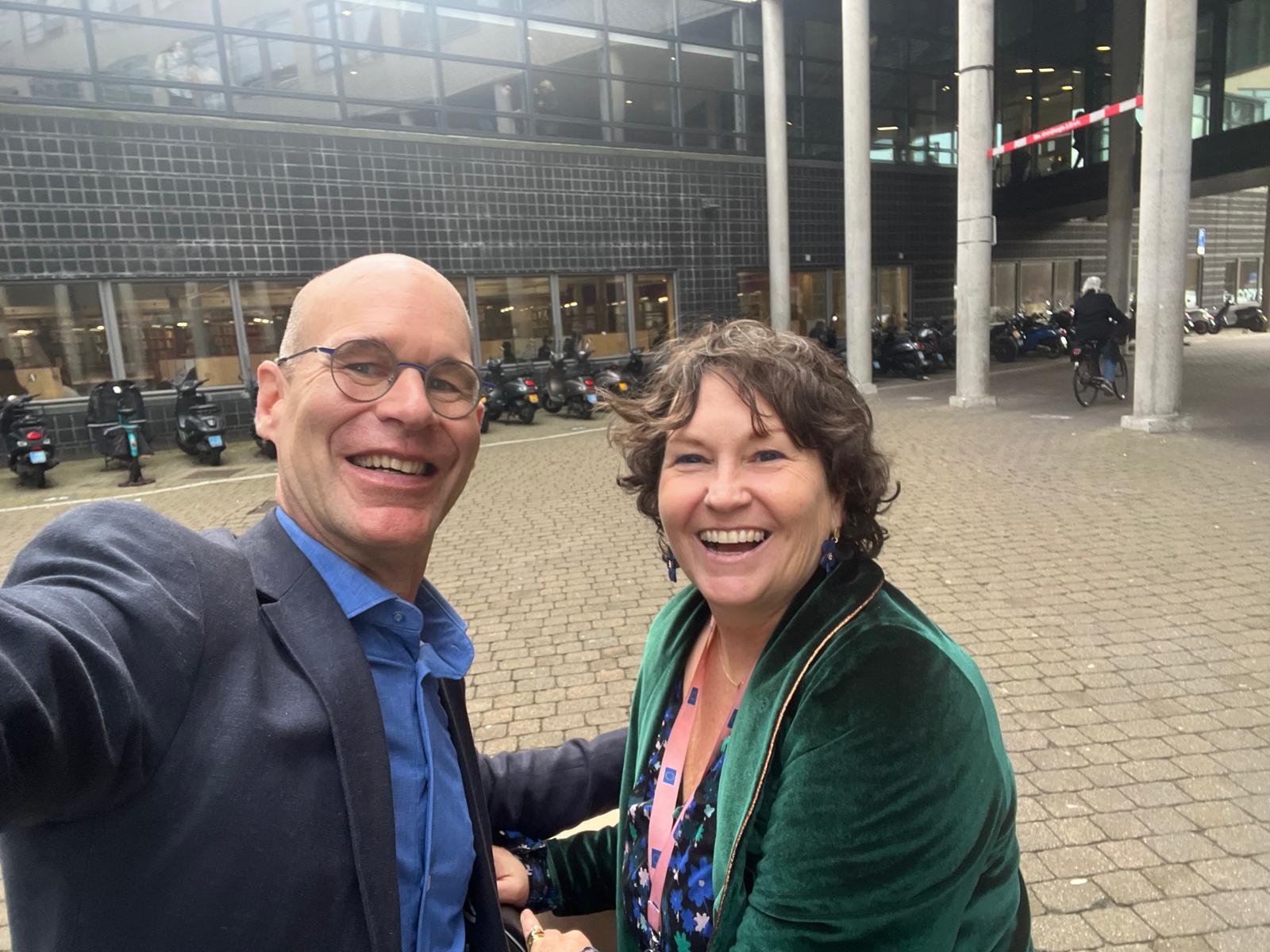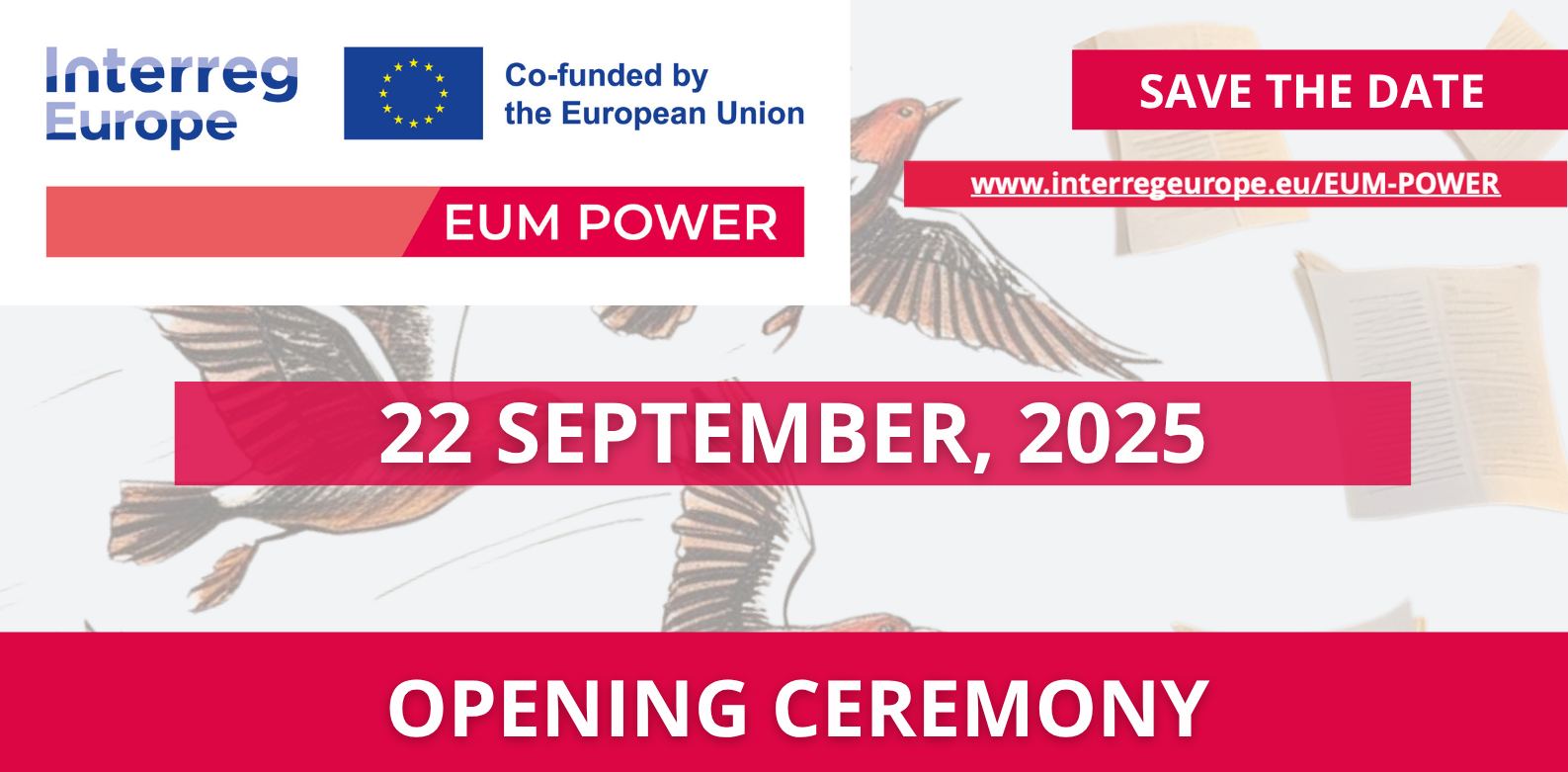They focused on one of the five key phases of the process: the policy formation phase. Below, we’ve summarised the 7 most important lessons from the study! This way, you can base your lobbying efforts on proven strategies.
Why the policy formulation phase?
The policy formation phase is the ideal moment to contribute to European policymaking. Why? At this early stage, the European Commission (EC) is actively seeking input. It needs a lot of information. The EC operates with relatively few staff and often lacks expertise on specialised topics.
To address this, the EC seeks input from experts, interest groups, and member states to ensure its policies align with the real-world practice across 27 countries. This is your opportunity to make an impact. But how do you ensure they come to you for information?
1 Know what you're doing
Preparation is half the battle. Do your homework and make sure you’re an expert on your topic. What kind of information do you have to offer?
Research indicates that there are various types of knowledge that can be particularly impactful. You’re off to a strong start if you can provide knowledge that:
- helps define the problem;
- offers insights into feasible policy options;
- or demonstrates economic viability.
If you can also emphasise the broader European interest, you’ve struck gold.
It’s also vital to understand the language of Brussels. Every EU-level portfolio has its own terminology. A solid grasp of the specific jargon for your field will make you more effective.
2 Identify the right people
Find out who is responsible for your issue within the European Commission. Who holds the pen? Focus on engaging with lower-level officials, as they are the ones actually writing the policy proposals.
Also, determine which Members of the European Parliament (MEPs) care about your topic. In this phase of policymaking, they also act as lobbyists, advocating their positions to the Commission. Remember that their ideological beliefs often outweigh their nationality, so collaborating with like-minded MEPs from other countries can be especially valuable.
3 Use the EC’s formal consultations
The European Commission uses various methods to assess the debate. One of these is formal consultations, where experts are invited to provide input on a policy proposal.
Important to remember: you don’t always need a direct invitation to participate. Approach other parties who are likely to have a seat at the table, such as umbrella organisations or regional governments. They are often well-versed in their topics and are invited to contribute. Partnering with them can be a strategic move.
4 Build informal connections too
Informal networks are indispensable to the EC, particularly for addressing complex, technical, or cross-sectoral issues. What’s more, many officials feel that formal channels alone are not enough to provide the support they need.
Focus on building relationships, especially with officials who have been in their roles for a long time. Research shows that these individuals rely heavily on informal networks in their daily work.
5 Realise who you’re talking to
Whoever you may be speaking with, it’s essential to understand their unique interests and priorities. Everyone has their own goals, and taking these into account can prevent missteps – or even allow you to strategically use them.
For example, MEPs are often driven more by ideology than nationality. Use this insight to build partnerships with those who share your goals.
6 Recognise that officials have opinions too
Officials at the European Commission are people, not robots. Their views on economics and policy often reflect the directorate (the EU version of a ministry) they work for. For example, directorates that focus on regulating the free market tend to attract officials who believe in a bigger role for the state. On the flip side, directorates championing market freedoms usually draw officials with more pro-market views.
If you understand these dynamics, you can adjust your message to really hit the mark.
7 Make influencing EU policy a priority
By now, you’ve seen that influencing EU policy is not an impossible task, but it does require commitment. Contacts need to be nurtured, even outside peak moments in the policymaking process.
Is it important to you that your perspective is taken into account? Make sure you (or your organisation) dedicate enough resources to it on an ongoing basis.
------
Influencing policy at the EU level thus requires a smart approach and sustained effort, but it also offers a unique opportunity to make a real impact. Would you like to learn how your organisation can achieve this effectively? We’re here to help. Get in touch with us to discover how Europe can become a powerful part of your strategy.






















































